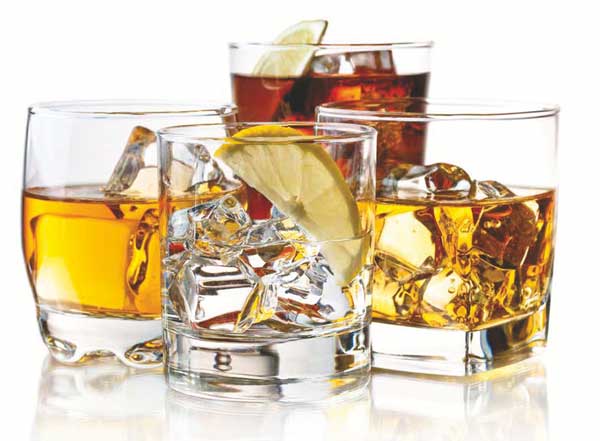
Before you chug your next bottle of wine, here are four things you need to know about how excessive drinking can harm your liver. Senior Consultant Dr Ho Choon Kiat outlines the risks and treatment methods.
More alcohol consumed + more time spent drinking = higher chance of getting liver disease
Although not every heavy drinker will get liver disease, your chances of getting it certainly increases with the amount you binge-drink, and the longer you indulge in it. Dr Ho Choon Kiat, a senior consultant at Nexus Surgical Associates, explains that drinking excessive alcohol can affect both liver function and structure, in the following ways:
Fatty liver:
Too much alcohol leads to a build-up of fats in the liver cells, a condition known as fatty liver. If left untreated, it can progress to liver inflammation, or hepatitis.
Acute or short-term hepatitis:
Too much partying during Christmas season? If you have been binge-drinking over several days, it may lead to acute or short-term hepatitis. When hepatitis occurs, the liver suffers from injury and scar tissues will form as they heal.
Fibrosis:
Repeated bouts of acute hepatitis will increase the scar tissue – also known as fibrosis – in the liver.
Cirrhosis:
Fibrosis may then lead to the hardening of the liver, a condition called liver cirrhosis. “At this stage, the liver’s function is permanently impaired and may even fail. Furthermore, a cirrhotic liver has a higher risk of developing liver cancer,” warns Dr Ho.
Avoid these risk factors
Fatty liver is usually caused by these common risk factors:
Binge-drinking can also cause more health problems!
Your liver may take the brunt of your alcohol abuse but other potential health issues can include:
How can we treat liver damage?
If your liver damage is due to excessive alcohol intake, the first thing you should do is to stop drinking! Some of the injury done to the liver can be reversible. However, if the damage is due to fatty liver – especially if you are overweight – then you should lose weight and eat healthily. “If there is hepatitis caused by fatty liver, the person needs to lose seven to 10 percent of his body weight,” says Dr Ho. Do this by complementing a healthy diet with 150 to 200 minutes of aerobic exercises per week, in three to five sessions. With a more disciplined diet plan and regular exercise, your liver – and body – will thank you.
To find out about the health of your liver, call our HealthScreening Centre for an appointment at 6347 6215 or Whatsapp 9819 1303. Alternatively, you might want to book an appointment via this QR code.

Article contributed by Dr Ho Choon Kiat Senior Consultant Nexus Surgical Associates Medical Centre A #06-05